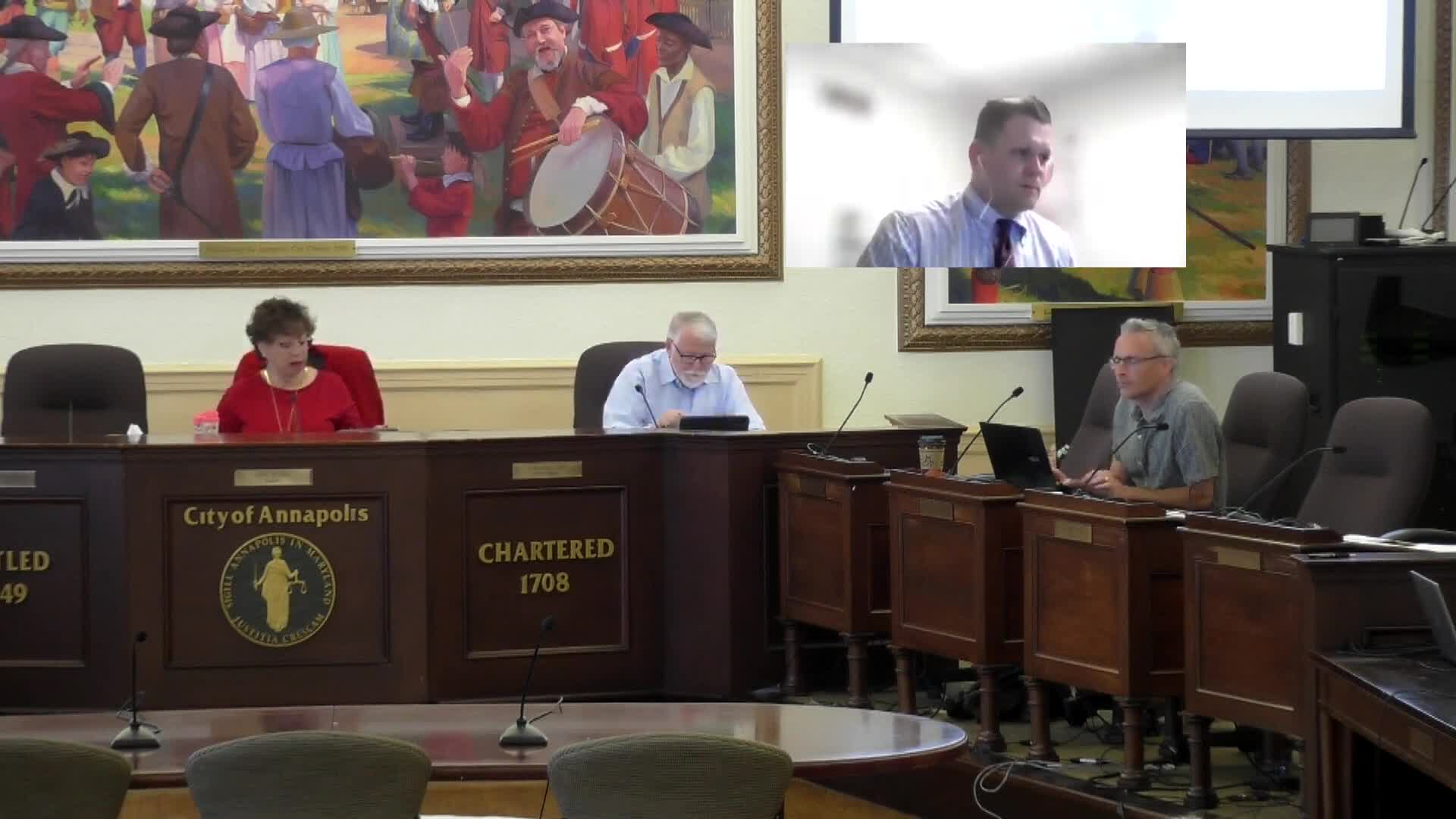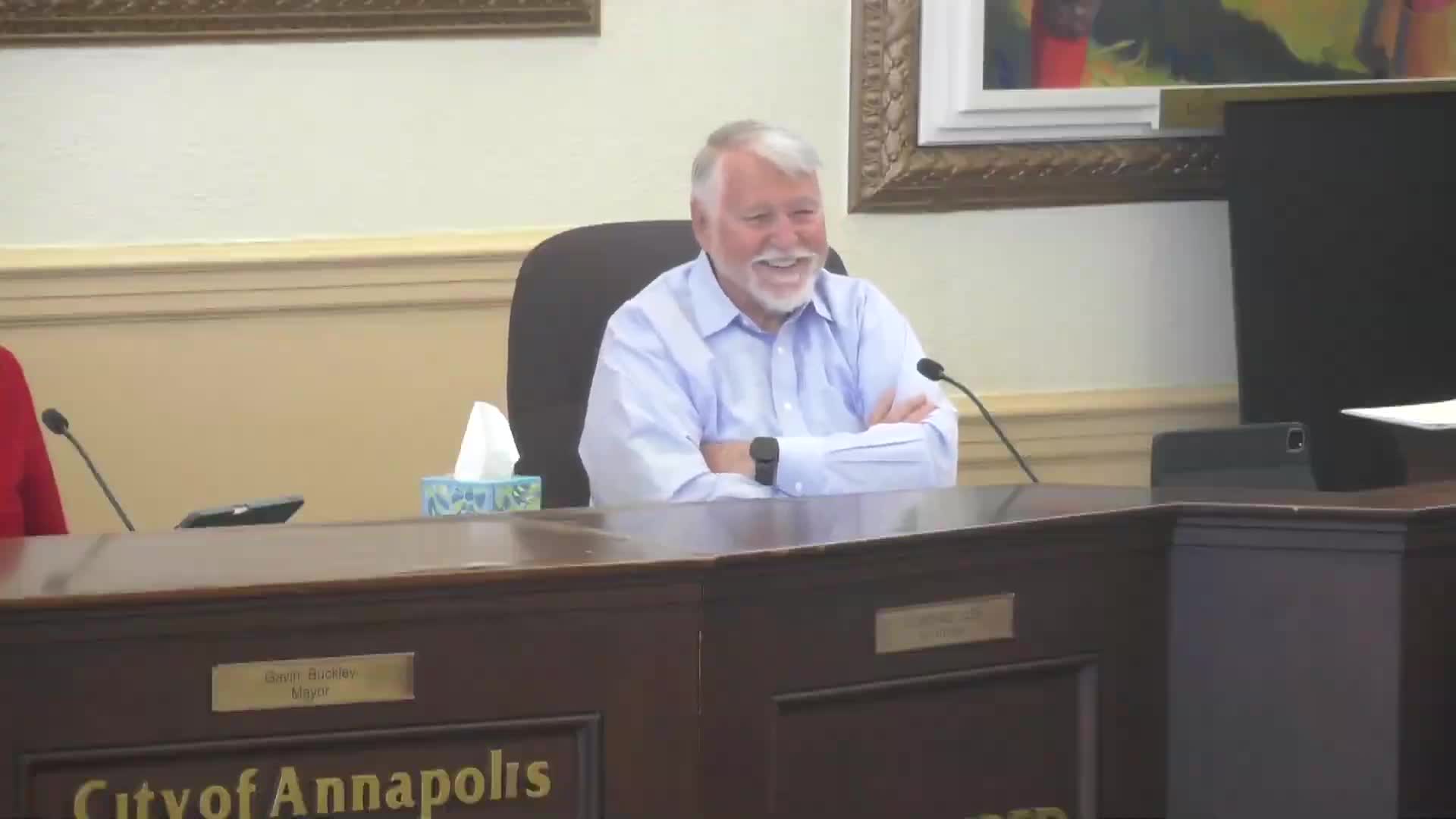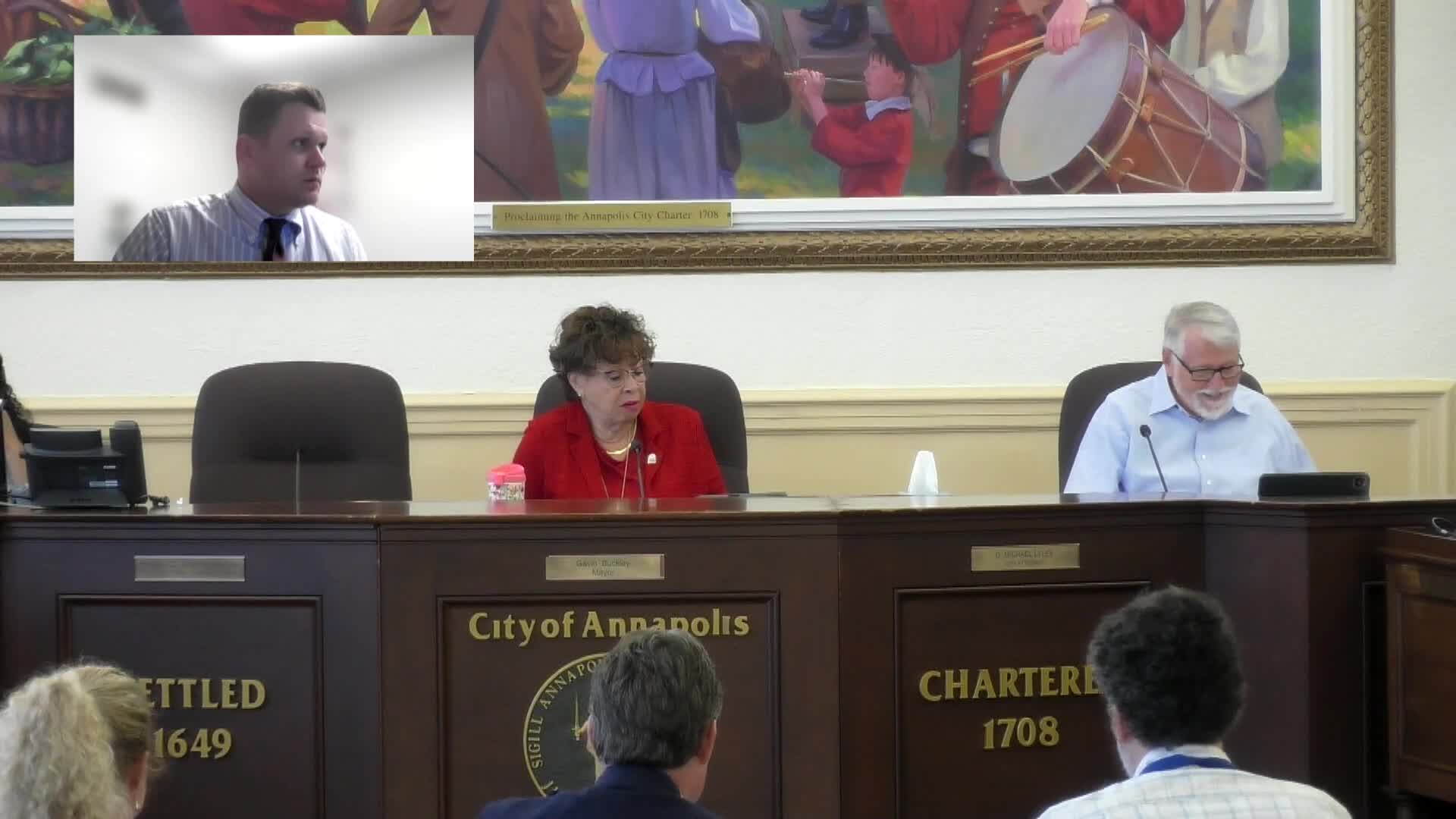Article not found
This article is no longer available. But don't worry—we've gathered other articles that discuss the same topic.

Rules committee delays vote on O-1425, approves rooftop and downtown bulk-text amendments

Rules committee backs definition of 'block face' and limits short‑term rental growth; rejects owner‑occupied exemption

